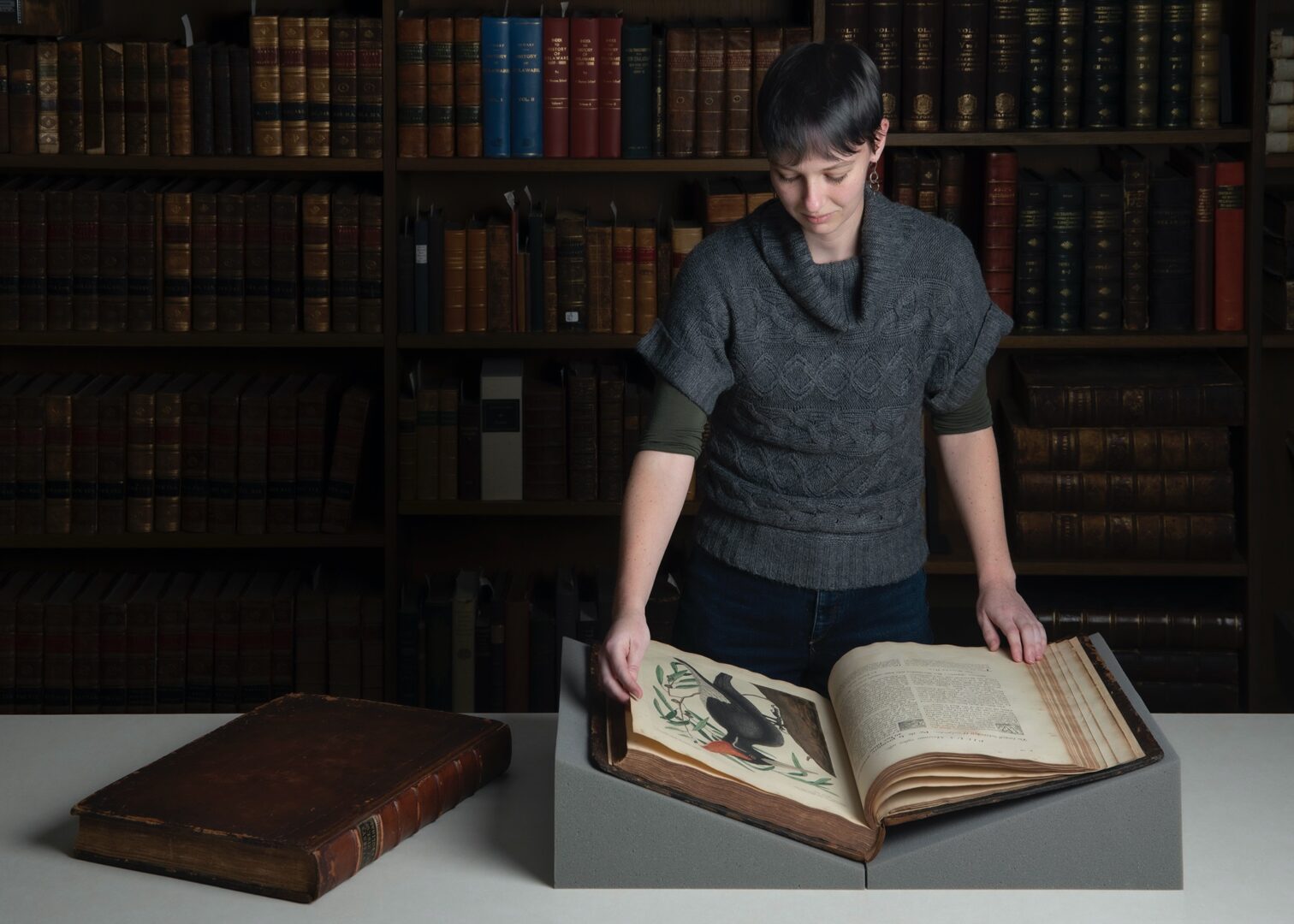Katarina Stiller shared their story and experiences with us recently and you can find our conversation below.
Katarina, a huge thanks to you for investing the time to share your wisdom with those who are seeking it. We think it’s so important for us to share stories with our neighbors, friends and community because knowledge multiples when we share with each other. Let’s jump in: What makes you lose track of time—and find yourself again?
Wandering through the stacks. Whether it is in libraries or bookshops there are just so many gorgeous books out there waiting to be held and marveled over. I feel connected to so many lives—the binders, printers, writers, publishers, illustrators, readers, and collectors—when I’m surrounded by shelves of books. It inspires me to imagine, make, and share. As a conservator working in a university library and residing in a smallish city with an unusually large number of bookshops, I feel very lucky to have so many good books at my fingertips.
Can you briefly introduce yourself and share what makes you or your brand unique?
I am the Book and Paper Conservator for the University of Oregon Libraries. There I perform treatments on a diverse array of library and archive materials in UO’s special and circulating collections so that they can continue to be used for research and learning. I recently graduated from the Winterthur/University of Delaware MS Program in Art Conservation. Before discovering the world of conservation, I studied ceramics at CSULB where I nurtured a love for creating and storytelling as well as a respect for the making process. I continue to explore my art practice primarily in bookbinding and ceramics.
Great, so let’s dive into your journey a bit more. What part of you has served its purpose and must now be released?
The absolute drive for perfectionism in academic and professional spheres before anything else. I don’t think it must be totally “released” exactly but at least more thoughtfully managed. This hustling pushed me to try again and again after each rejection or just no response whatsoever in a highly competitive environment. It’s a big part of why I am still working in an arts-related profession, and I am so grateful and excited about where I am now as a professional. But I think having a work/life balance is so important in becoming more grounded as a person and being better connected to my community.
What did suffering teach you that success never could?
I think the concept of “no pain, no gain” is deeply rooted in American culture to the point where I feel it has very much shaped my own thinking about myself. When I do achieve some kind of personal success, my inner voice tells me that it is temporary and will only make the inevitable future downfall worse. When I am faced with some pitfall, that same voice tells me that this is what I deserve and there is a penance that must be paid. Ultimately, it has at times led me to experience burnout and to be more cautious of pouring my energy and passion into projects that require a degree of vulnerability.
I guess suffering has taught me that it’s a lousy teacher that I still find very hard to shake loose. But it’s actually perfectly ok to not want lousy teachers and to instead dare to pivot to pursue more fulfilling paths. They’re out there, though they might not always look like how I could’ve ever imagined them. My most beloved mentors have been tough but fair. They met me where I was at with whatever words, tools, and space they had to offer at the time. They wanted me to succeed while allowing me to make my own decisions for myself. They were never cruel. I believe that trying and learning new things can and often should be a little uncomfortable. However, I don’t think suffering and hardship are necessary for learning. Growth will occur in spite of—not because of—pain.
Sure, so let’s go deeper into your values and how you think. Whom do you admire for their character, not their power?
Samwise Gamgee. Just a regular hobbit who was thrust into a big world with a fearsome, laborious task beyond what he could have ever imagined. He valued honesty, love, loyalty, friendship, and humility. He did the best he could with what he had, and he found out he had a lot more inside of him than anyone ever expected. Despite all the horrors he experienced, he remained grounded in the simple things in life like the versatility of the lowly potato and the glory of a sunrise. And after such a long, unexpected journey, he came back home to plant new trees in order to restore what had been lost. He truly believed that there is a lot of good that is worth fighting for.
Thank you so much for all of your openness so far. Maybe we can close with a future oriented question. What will you regret not doing?
Probably not prioritizing my physical health sooner. Reinforcing new healthy habits is so much harder than introducing them early and often would have been. As a book conservator and ceramicist, I spend a lot of time looking down intently at things at my bench/wheel. My body just can’t bounce back as quickly as it used to from repetitive stressors. Taking better care of myself allows me to more fully enjoy the work I love doing and gives me the energy to explore new creative avenues.
Contact Info:
- Website: https://www.katarinastiller.com/
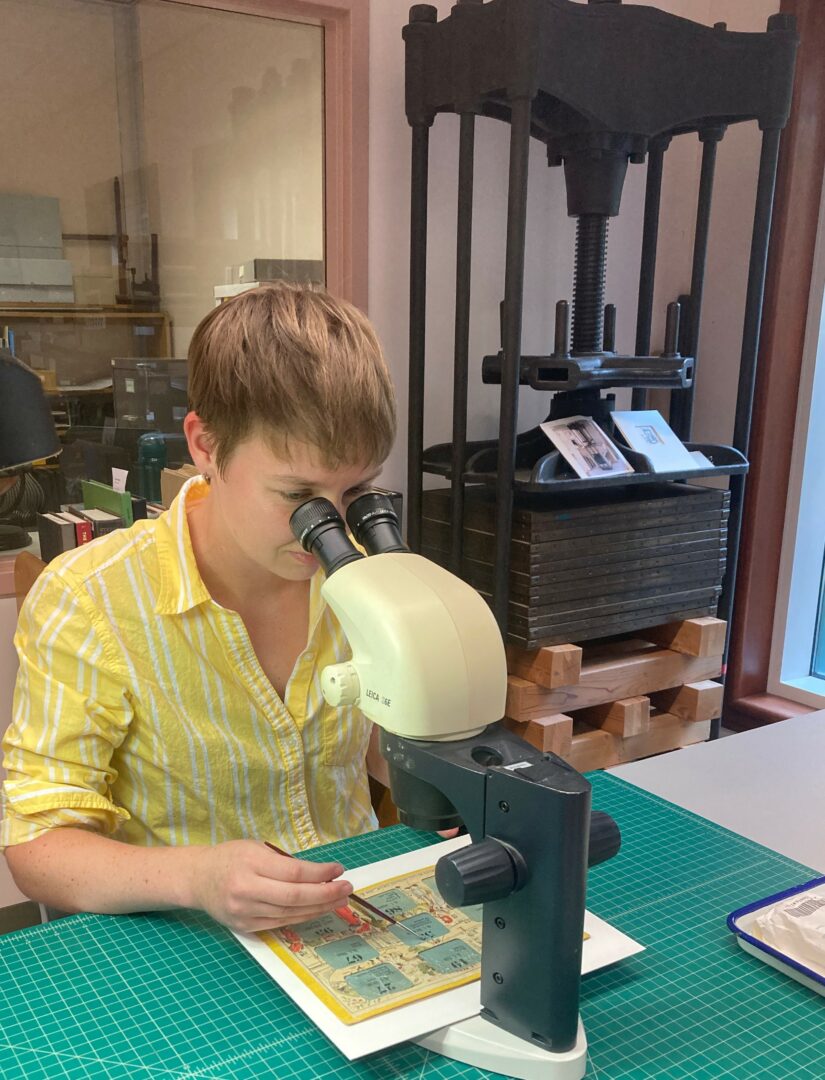
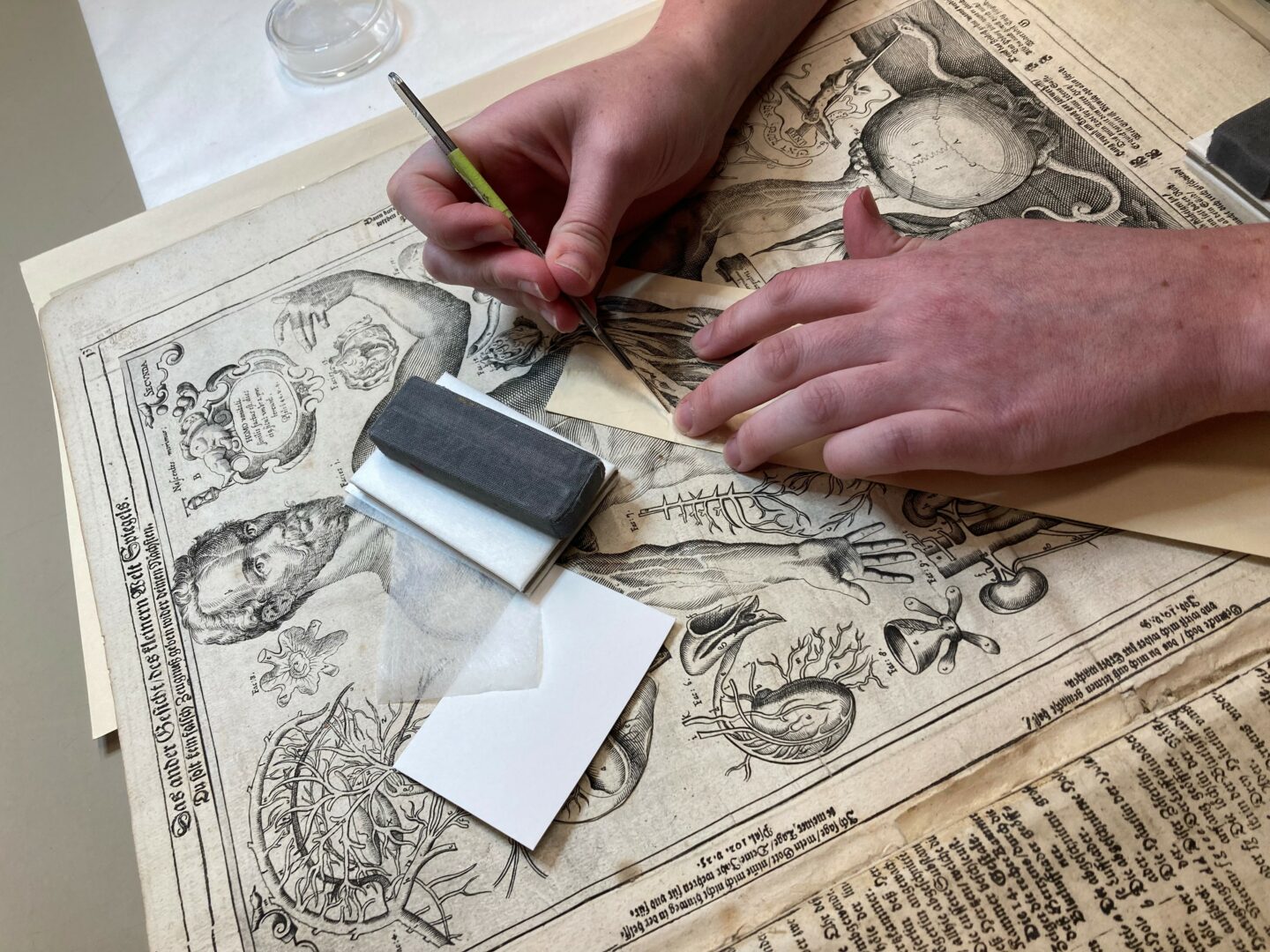
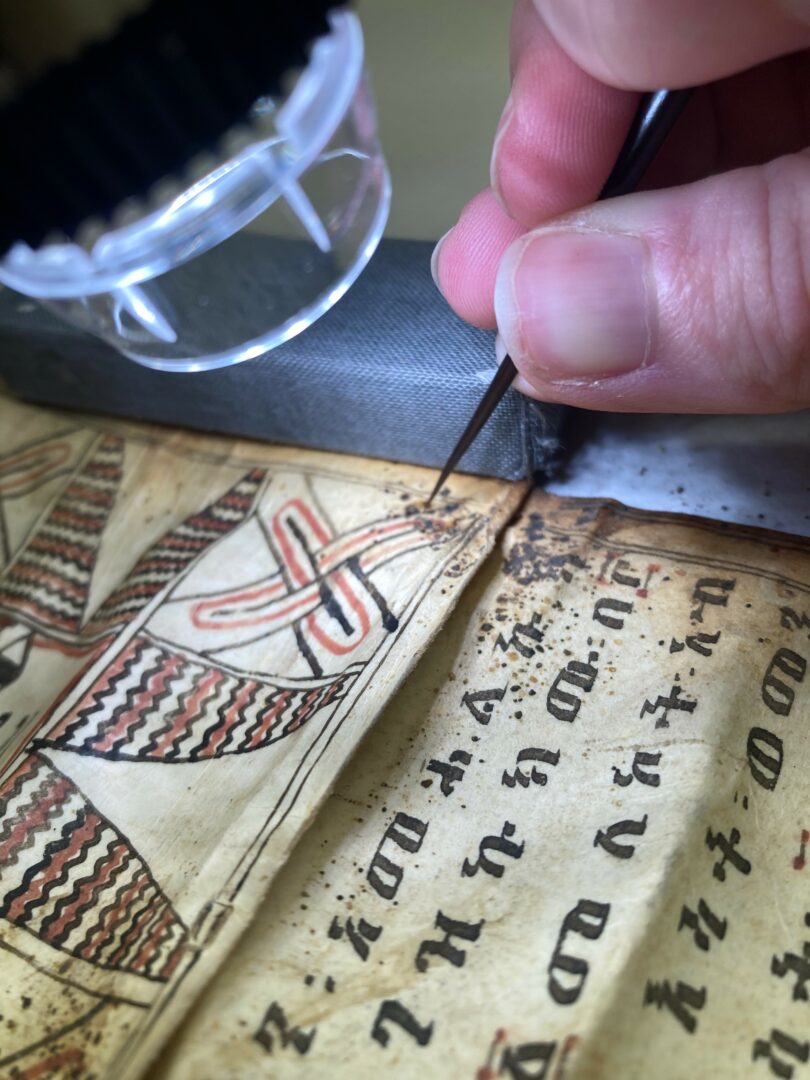
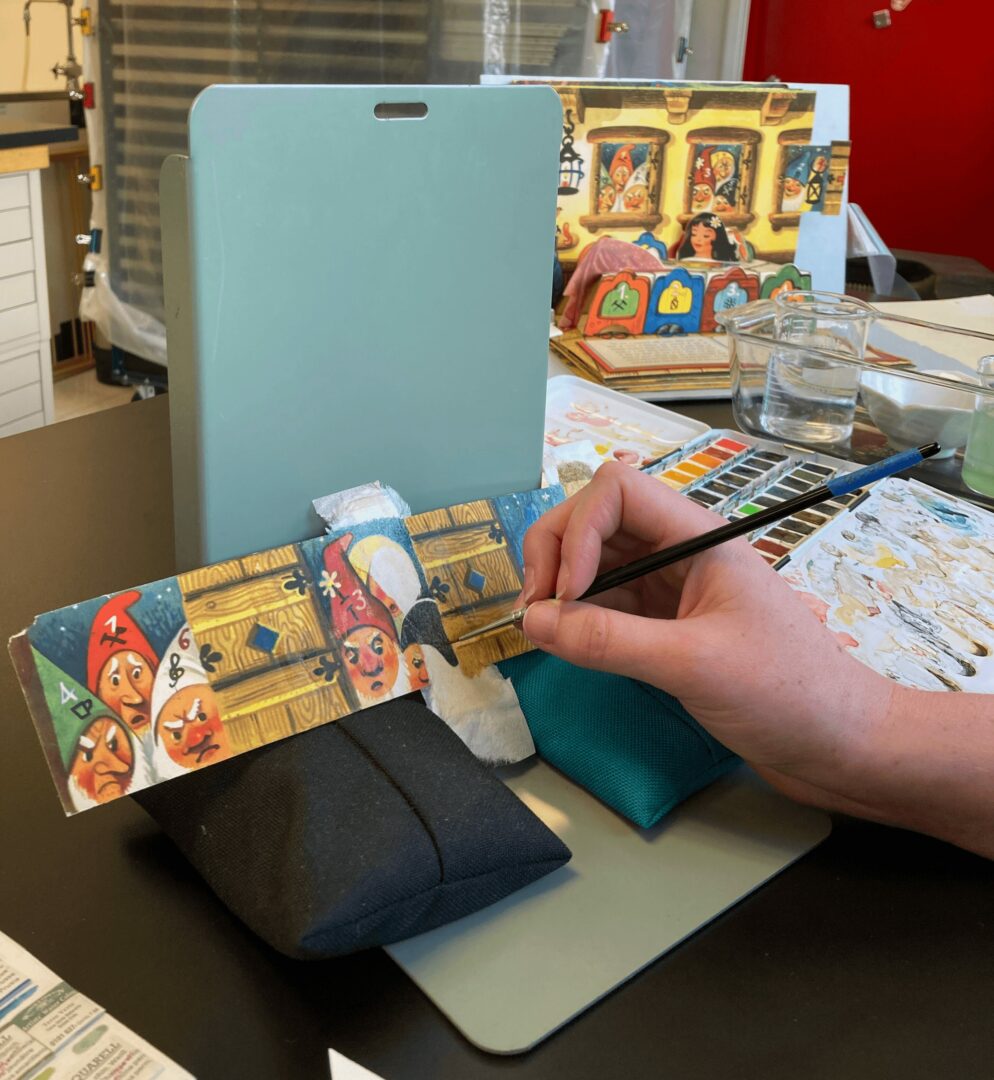
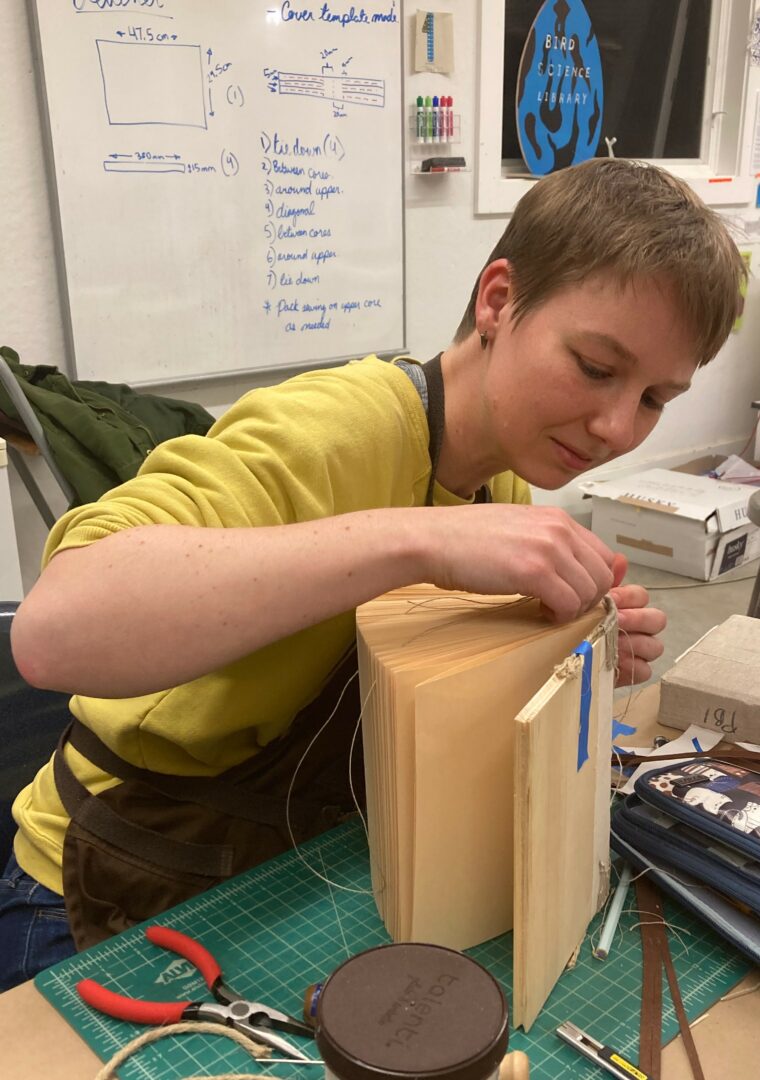
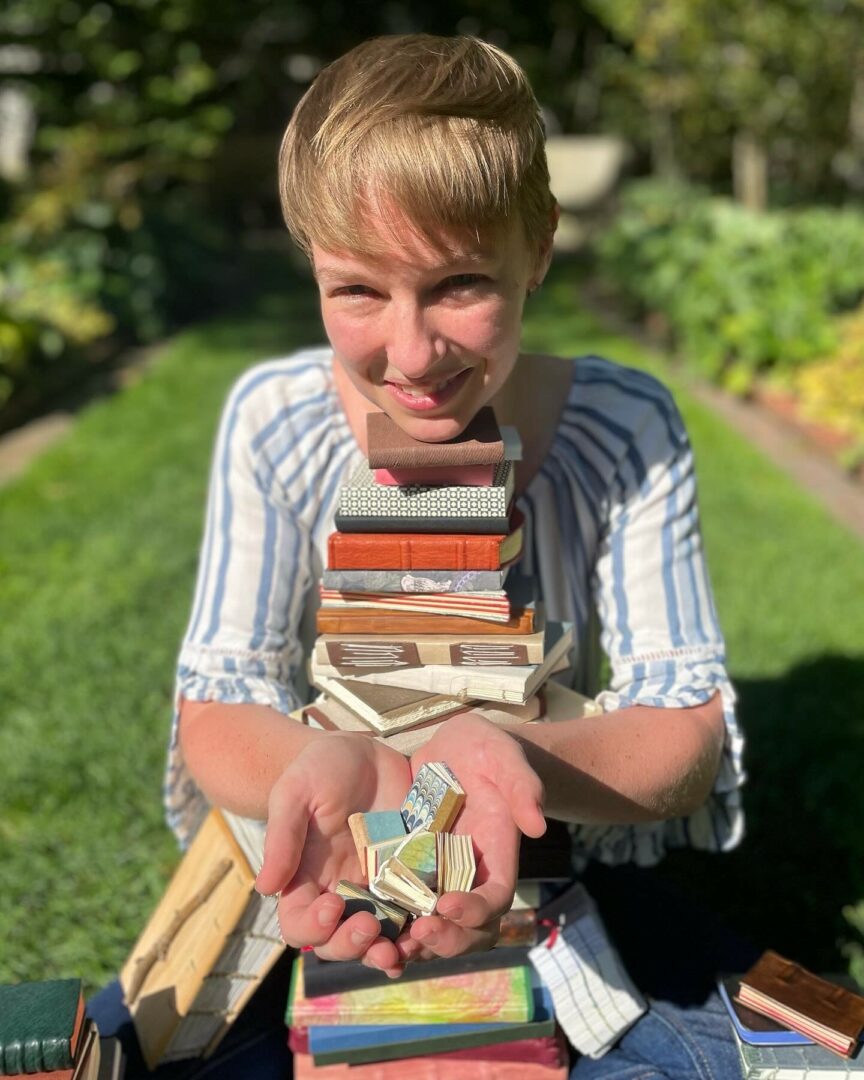
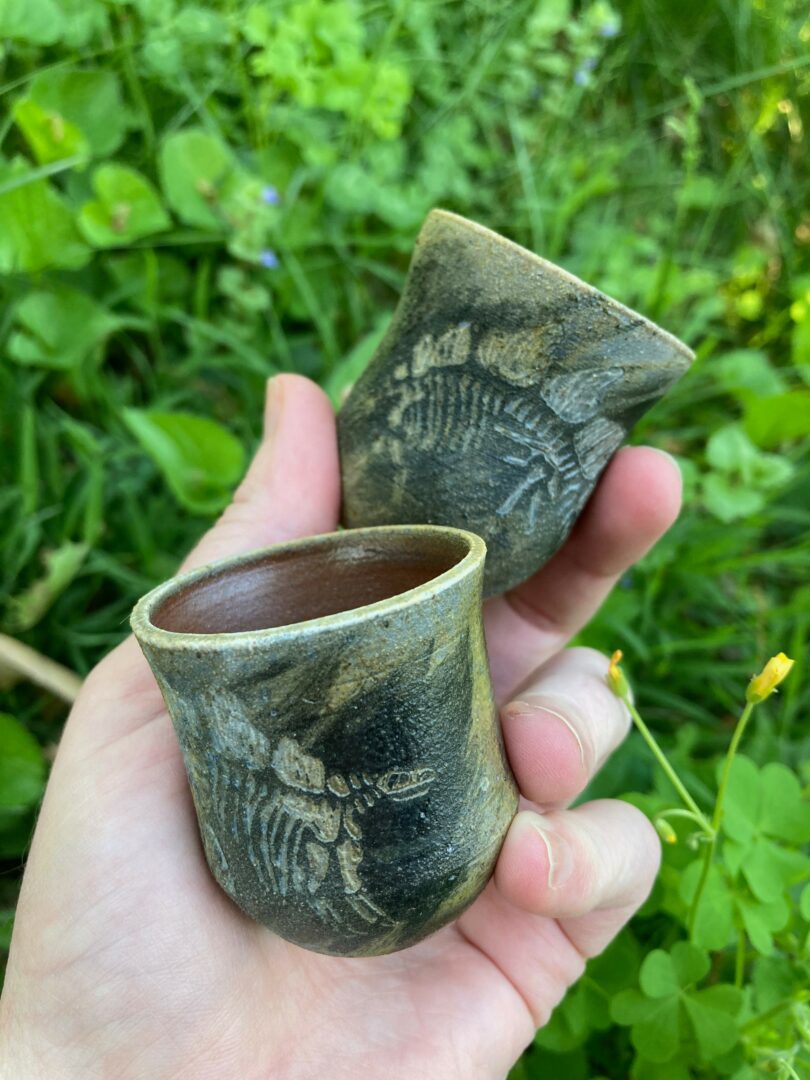
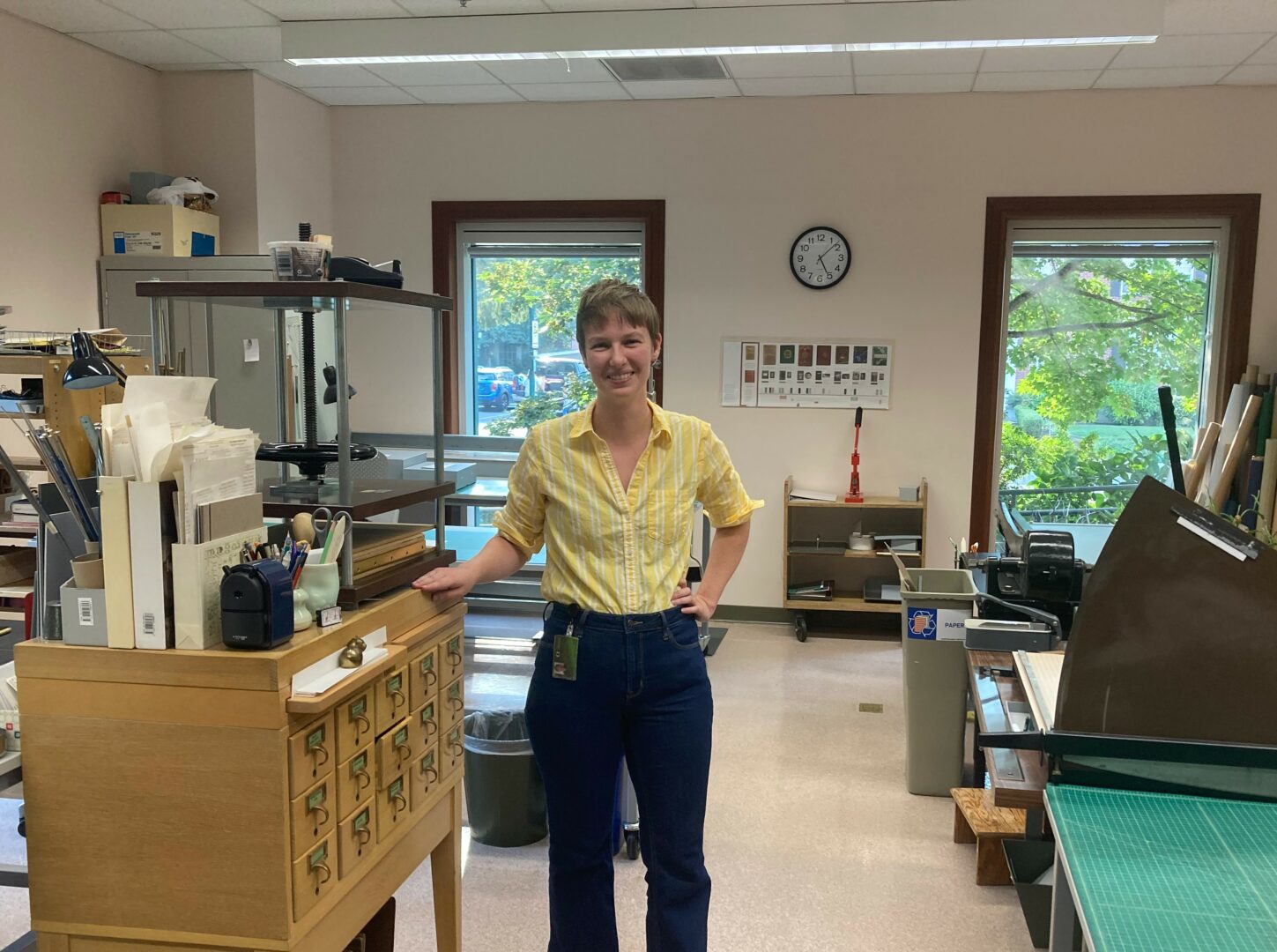
so if you or someone you know deserves recognition please let us know here.

